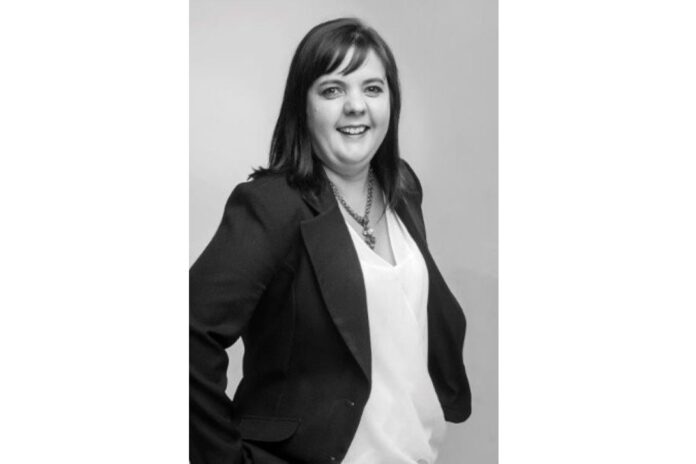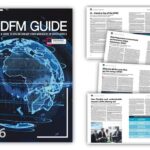For financial planners, Continuing Professional Development (CPD) ensures that their knowledge, skills and ethical standards remain current and relevant in a rapidly evolving industry. This article explores the significance of CPD, emerging trends and the critical role of professional bodies in maintaining its integrity.
What is CPD and why is it important?
CPD refers to the process of lifelong learning through structured activities that enhance a professional’s abilities, knowledge and ethical standards. For members of the FPI, CPD is a mandatory requirement that supports the core competencies outlined in the FPI’s Financial Planner and Advisor Competency Profiles.
The FPI’s CPD policy mandates that members complete a minimum number of verifiable and non-verifiable CPD hours annually, depending on their membership class. For example, CFP® professionals must complete 35 hours, including 20 technical, 10 general and five ethics-related hours. These requirements ensure that financial planners remain competent, ethical and capable of delivering high-quality advice to clients.
CPD is also essential for maintaining public trust. As financial planners navigate complex client needs, regulatory changes and technological advancements, CPD equips them to provide sound, up-to-date advice. It reinforces the profession’s commitment to excellence and consumer protection.
Trends in CPD: insights from the 2024 Integrated Report
The FPI’s 2024 Integrated Report highlights several key trends shaping the future of CPD:
- Digital transformation. The launch of a revamped CPD platform at the FPI and digital recording studio has redefined how members access learning. With over 10 000 webinar views and record-breaking attendance at the 2024 FPI Professional’s Convention, digital CPD seems to be the most popular form of CPD for FPI members.
- Content demand. Investment and retirement planning remain the most popular CPD topics among FPI-approved CPD providers, accounting for over 40% of approved programmes. However, ethics and practice standards only made up 11%, indicating a need to balance technical and ethical learning. In addition, a greater need for skills CPD is emerging, especially regarding the psychology of financial planning and technology-based skills.
- Flexible learning. On-demand content is increasingly preferred. While live webinar attendance declined in 2024, recorded views remained strong.
These trends underscore the importance of accessible, relevant and high-quality CPD in supporting a future-fit profession.
The role of professional bodies in CPD approval
Professional bodies like the FPI play a pivotal role in safeguarding the credibility of CPD. Board Notice 194 of 2017, issued under the Financial Advisory and Intermediary Services (FAIS) Act, outlines the fit-and-proper requirements for financial services providers, including CPD obligations. In terms of this notice all verifiable CPD claimed by representatives and key individuals must be approved by a professional body. This ensures that the CPD claim is relevant to financial advisors, and excludes activities that do not qualify as CPD.
Recent press releases by both the FPI as well as the FSCA illustrate the importance of this oversight. Warnings were issued against LearnOn for issuing CPD certificates bearing the FPI logo without authorisation. These certificates used invalid or misappropriated approval numbers, undermining the integrity of the CPD system.
The FPI urged members to verify CPD credentials and report suspicious activity, reinforcing the need for vigilance and due diligence.
Conclusion
CPD is more than a regulatory checkbox – it is a vital mechanism for ensuring that financial planners remain competent, ethical and responsive to client needs. As the profession evolves, so too must the methods and standards of professional development. The FPI’s commitment to digital innovation, rigorous quality assurance and ethical oversight ensures that CPD continues to uphold the highest standards of excellence.
By embracing CPD as a lifelong journey, financial planners not only enhance their own capabilities but also contribute to a more resilient, trustworthy and client-centric profession.












